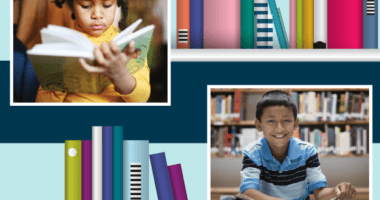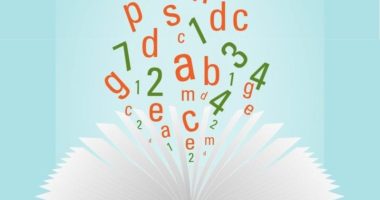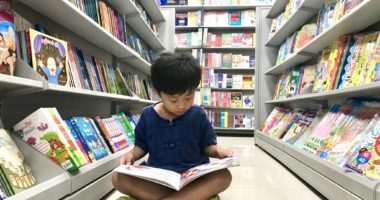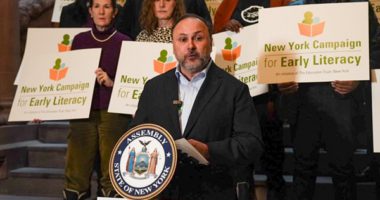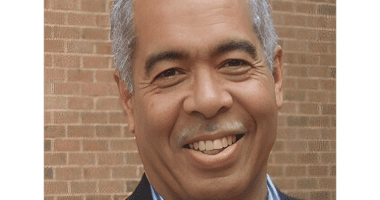The Literacy Crisis in the U.S. is Deeply Concerning—and Totally Preventable
Frederick Douglass said, “Once you learn to read, you will be forever free.” This was true in the 19th century, when he was decrying the notion that enslaved people lacked the intellectual capacity to function as American citizens, and that statement still carries weight today. There is currently a literacy crisis happening in the U.S., one that disproportionately affects students of color, and that cannot be ignored. Literacy is one of the major civil rights issues of our time, and our children’s future — and our nation’s democracy — depends on us addressing it now.
There is overwhelming evidence that nearly all children can learn to read. But in schools across the country, many students — especially students of color, students from low-income backgrounds, multilingual learners, and students with disabilities — are not yet skillful readers. Last year, the National Assessment of Education Progress (NAEP), “the nation’s report card,” showed that not even half (43%) of fourth graders in the U.S. scored at or above a proficient level in reading. And for marginalized students, the numbers are much worse: just 17% of Black students, 21% of Latino students, 11% of student with disabilities, and 10% of multilingual learners can read proficiently by fourth grade.
That any child, let alone the majority of children, goes to school without being taught to read is deeply concerning — and also completely preventable. There are five widely accepted components that are essential to reading: phonemic awareness, phonics, fluency, vocabulary, and comprehension. Decades of research shows that when students receive explicit and systematic instruction across all of these domains, they will learn to read. And when students are given access to texts with rich, diverse characters and cultures, seeing people like themselves fully represented in school materials, they will become more engaged readers.
So why do we see staggering numbers of children, especially children of color and children from low-income backgrounds, without fundamental literacy skills?
In many districts and schools, outdated teaching methods and curricula that have been proven ineffective, and even harmful, are still being used. Adding to this problem is that too many teachers enter the profession without any training in evidence-based reading instruction, which means they lack the knowledge to effectively teach their students how to read. Plus, there are unfounded and deeply entrenched ideas about how children learn to read that have had a reverberating and far-reaching impact — which have been expertly documented in Emily Hanford’s podcast, Sold a Story and the documentary, Right to Read, executive produced by Reading Rainbow legend Levar Burton. To make things worse, the wave of states and districts taking steps to restrict the teaching of so-called critical race theory (CRT), ban books, and censor the ways race can be discussed in schools is curtailing the already limited degree of curricula diversity that is essential in opening students’ hearts and minds, and fuel their engagement and love of reading.
This phenomenon of denying people, particularly Black people, the right to read is part of a long, troubled history in our country. Anti-literacy laws in the U.S. prohibited enslaved, and sometimes free, Black Americans from learning to read or write, although many enslaved people defied those laws at great personal risk. When Black communities created freedpeople’s schools after the abolition of slavery in 1865, White Southerners responded by using violence to attack or destroy more than 600 schoolhouses. For nearly 100 years after emancipation, literacy tests prevented poor, immigrant, and formerly enslaved Black Americans from registering to vote. We’ve come a long way — yet still have much further to go.
As fiercely as Douglass fought for abolition and the right to literacy two centuries ago, we must now push education leaders at every level to adopt policies and practices to ensure that every child learns to read and has access to diverse texts. Only then will children be completely free live the lives of their choosing, and our democracy will be free from the consequences that come from illiteracy, ignorance, and intolerance.

